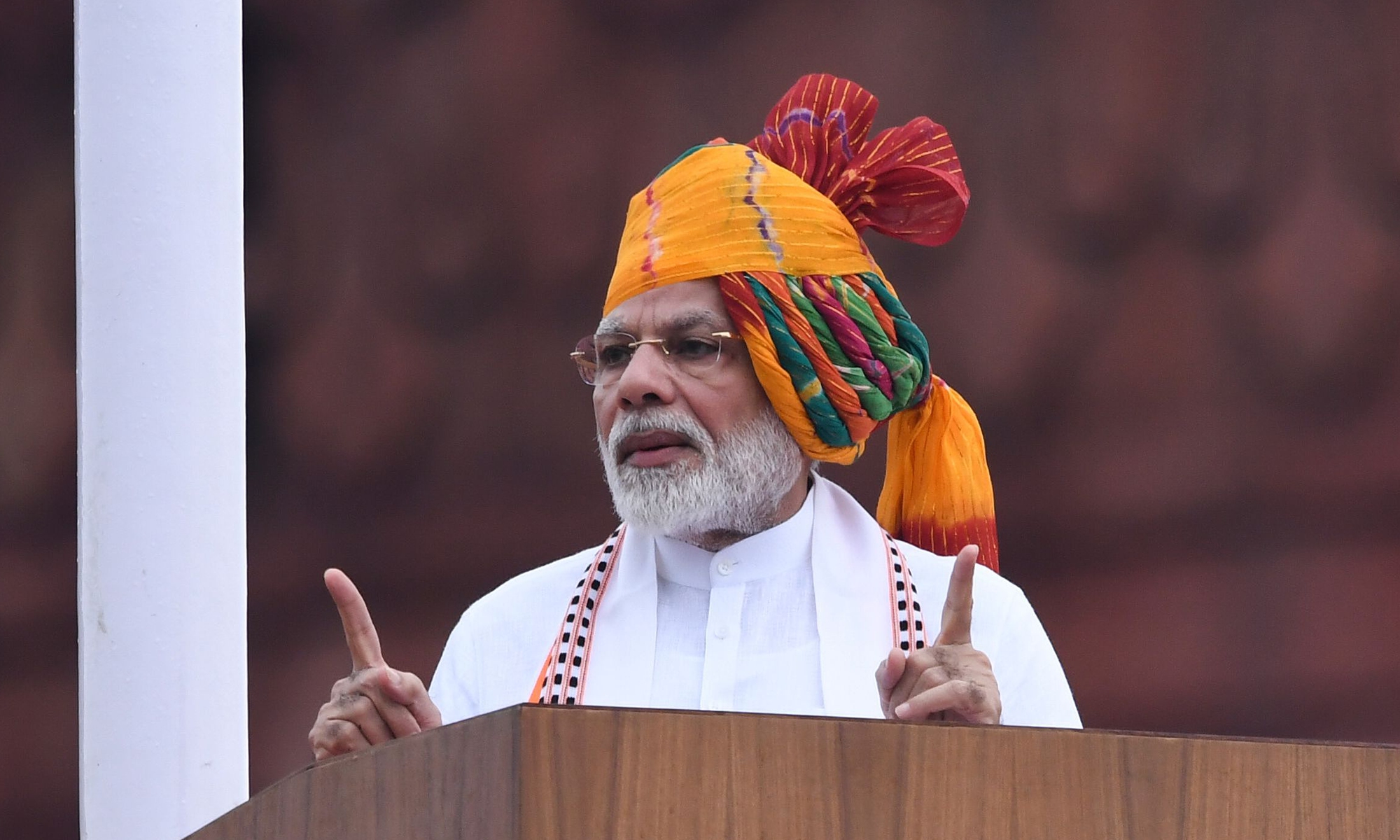Quarantine-free travel lane between Singapore and Malaysia..
'Expand VTL-Air scheme' from Singapore to Penang , Sabah, Sarawak
Dr Wee: VTL quota increase depends on Malaysia-Singapore...
Vaccinated Travel Lane Extended to Six More Countries - Civil ...
Singapore - A Causeway Link bus leaving the Larkin Sentral Bus Terminal and Public Transportation and heading into Singapore under the Vaccinated Travel Lane here in Johor Baru on Friday (Jan 21, 2021). - THOMAS YONG/The Star
KUALA LUMPUR, Jan. 21 (Xinhua): The bus and flight tickets under the land and air Vaccinated Travel Lane (VTL) between Malaysia and Singapore have resumed with immediate effect, Malaysian Health Minister Khairy Jamaluddin said on Friday.
However, the volume of tickets has been halved with only 50 per cent of the capacity of vehicles plying the routes allowed, as part of measures to slow the spread of Covid-19, he said in a statement.
"The timeline regarding this ticket sales quota increase will depend on the risk assessment to be performed from time to time by the Health Ministry based on the current Covid-19 situation in both countries," he said.
The VTL kicked off on Nov. 29 last year and involved travel via the bridge connecting Malaysia to Singapore as well as an air corridor, but was suspended since Dec. 23 over the emergence of the Omicron variant.
Those traveling via the VTL will face eased restrictions including quarantine requirements being waived for fully vaccinated individuals. - Xinhua
Covid-19 won't keep families apart | The Star
Frustrated over quarantine policy updates
"I feel very helpless as the policy has been changed a few times and I am not sure what I should do anymore" - Zainah Ismai;.
PETALING JAYA: Malaysians who travel abroad regularly have urged the government to be consistent and clear when updating its quarantine policy.
`
Some said they were unaware of the latest changes and were caught by surprise at the airport.
`
Dr Katherine Poh, a deputy vice-chancellor of a private university, said the period of quarantine must be spelt out in terms of nights and not days.
`
“Seven days and seven nights are two different things. When I touched down at KL International Airport from Bangkok recently, I was told that I had to quarantine at a hotel for seven days.
`
“However, on the seventh day, I was forced to stay for one more night. I thought seven days meant six nights and seven days,” she said.
`
“I was told that as I checked into the hotel during the wee hours, I had to quarantine for an extra day.”
`
To make matters worse, Poh, 68, said she was not provided with the help needed at the airport.
`
“I was told that I had to observe my quarantine at a hotel and that I needed to get pre-approval if I wanted to do home quarantine.
`
“I went to the counters representing hotels to seek help but none of them was open as I arrived in the wee hours.
`
“I don’t mind quarantining at a hotel but I was so helpless as no one was there to assist,” she said.
`
She said she was also treated like a Covid-19 patient at the hotel.
`
“Why can’t the government have a different set of standard operating procedure for people arriving and not to treat us like Covid-19 patients?” she asked.
`
Tutor Zainah Ismail vented her frustration as her application for home quarantine was rejected.
`
“My home quarantine was rejected because I was coming back from Saudi Arabia. I live alone there. I have been teaching online and working from home for the past few weeks,” she said.
`
Zainah said she did not want to pay extra to be quarantined at a hotel as she has a house where she can be alone.
`
“I am really disappointed as I have been fully vaccinated but I still have to fork out extra money to quarantine in a hotel.
`
“I feel very helpless as the policy has been changed a few times and I am not sure what I should do anymore,” she said.
`
Australian Malaysian Singaporean Association president Thomson Ch’ng said the latest challenges posed by the Omicron variant and the constant changing of travel rules, including quarantine regulations, made it challenging for Malaysians abroad to plan a return trip home.
`
“Malaysians abroad, including the thousands in Australia, have been separated from their loved ones since the start of the pandemic. “The high vaccination rate in both countries initially offered a glimpse of hope for international travel to return to normality.
`
“Many Malaysian Chinese who are residing in Australia, were hoping to go home to reunite and reconnect with their loved ones during Chinese New Year, especially those with elderly parents and relatives after being separated for two years,” he added.
`
On Thursday, Health Minister Khairy Jamaluddin said travellers who received booster shots were only required to undergo a five-day quarantine period upon arrival in Malaysia and they would not be required to wear pink surveillance wristbands.
`
However, he said travellers from higher-risk countries, who were allowed to home quarantine, would still be required to wear a digital surveillance bracelet.
Related posts
Msia-Spore land VTL to be launched on Nov 29, limited to 1,500 people per day
OMICRON NEW VARIANT ALERT !
Govt urged to take firm steps after Malaysia ranks 62 out of 100 in corruption perceptions index
Situation showed them 'public power is not for personal use', expert says China's efforts to fight corruption have paid off`













